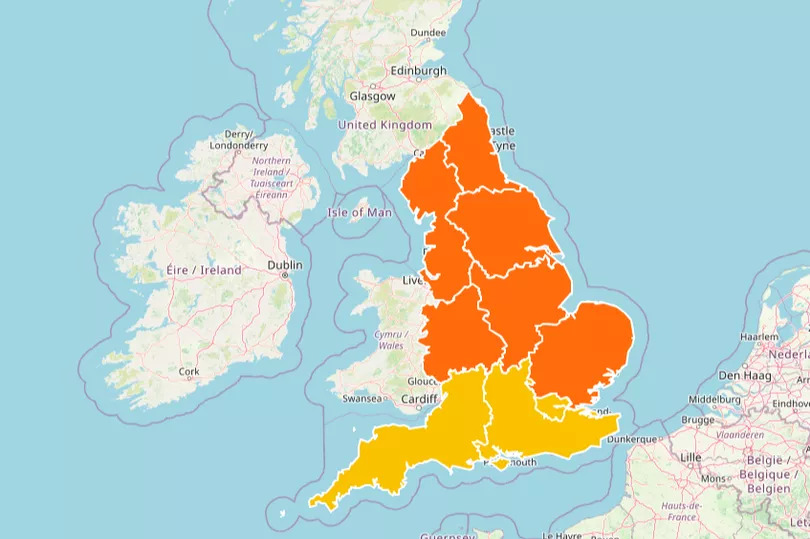
(Bloomberg) — The race to boost wheat yields with drought-resistant varieties is heating up.
Most Read from Bloomberg
Seed company Corteva Inc. is unveiling what it calls a “revolutionary” development in wheat: a non-genetically modified seed that could boost yields of the amber grain by 10% while using the same amount of land and resources, the company said. It aims to beat out rivals by getting its hybrid wheat into the North American market as early as 2027.
Corteva’s development, which it plans to tout during its investor day in New York on Tuesday, comes after Argentina’s Bioceres Crop Solutions gained US approval for its genetically modified wheat. Dubbed HB4, the variety tolerates drought as well as certain herbicides, though its commercialization in the US remains years away.
Indianapolis-based Corteva is seeking to do for wheat — a bread-making staple for growing populations around the world — what its Pioneer unit and other seed companies did about a century ago for hybrid corn, which refers to cross breeding of the grain. Demand for such corn exploded during the severe drought conditions of the 1930s, and yields for the crop have far outpaced those for wheat.
“Pioneer introduced hybrid corn in the 1920s, and since then our technology has helped achieve more than 600% increases in average yields,” said Sam Eathington, Corteva chief technology and digital officer. “We’re now similarly poised to bring the revolutionary benefits and yield potential of hybridization to yet another core crop.”
US corn has gone from a harvest yield of 24.3 bushels per acre in 1866 to a projected 183.1 this year. Meanwhile, yields for wheat have grown from 11 bushels an acre more than a century ago to an estimated 51.2 in 2024, according to US Department of Agriculture data.
Research trials show that Corteva’s non-GMO hybrid seed can yield about 20% more than so-called elite wheat varieties in water-stressed environments, according to the company. Corteva said that while it’s starting in the US, the technology is applicable for all global wheat markets.
Wheat’s complicated genome has posed barriers to cost-effectively leveraging hybrid technology, limiting the ability to deliver serious yield improvements, according to Corteva. But the mapping of the wheat genome by third parties in 2018, along with Corteva’s discovery of innovation in hybrid wheat seed production, opened up possibilities for a breakthrough, the company said.
Corteva said its initial focus will be to apply its hybrid technology to hard red winter wheat, which is used for making bread flour and is the most widely grown variety of the grain in the US.
Most Read from Bloomberg Businessweek
©2024 Bloomberg L.P.
EMEA Tribune is not involved in this news article, it is taken from our partners and or from the News Agencies. Copyright and Credit go to the News Agencies, email news@emeatribune.com Follow our WhatsApp verified Channel



